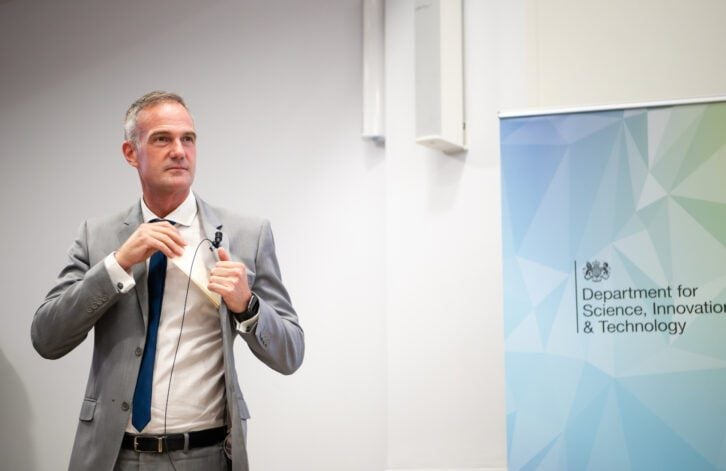In an effort to tackle the dearth of digital and technical skills commonly said to be holding back the British economy, the government is launching a £500m skills drive, funding thousands of new advanced degrees in science and technology.
Alarms have been sounding over the demand for the highly skilled talent needed to continue UK tech’s impressive growth not being met.
The recently elected Labour government has made clear that economic growth is its primary benchmark for success and will be hoping that encouraging more people to study areas such as biology, engineering and environmental sciences will form part of the solution to beefing up the UK’s skills.
In that spirit, the Department for Science, Innovation and Technology (DSIT) has announced the funding of more than 4,700 post-graduate degrees across 45 universities.
The post-graduate placements will be funded via a £564m funding package allocated through three of UK Research and Innovation (UKRI)’s research councils.
“Backing the next generation of great scientific minds to fulfil their potential is crucial to unlocking the discoveries which improve our lives and keep our economy growing over the long term through highly skilled jobs,” said Technology Secretary Peter Kyle.
“This £500m investment will support our vitally important higher education sector while supporting more bright students to pursue their talents and in turn deliver the life-saving drugs and clean energy alternatives of the future, that benefit all of our lives.”
As well as encouraging a new generation of scientific research, the skills drive will also hope to produce high-potential graduates to support the tech industry and wider economy.
A recent survey of small and medium-sized enterprises (SMEs) from the Federation of Small Businesses (FSB) found that 38% of respondents in the IT sector said hiring appropriately skilled staff was slowing development.
There are also concerns in the public sector, with a prominent select committee last year claiming the lack of digital skills in the civil service should “send a chill down the government’s spine”.
The Public Accounts Committee published a report last year that revealed that just 4.5% of professionals in the civil service are in digital, data and technology roles.
“Our universities are vital engines of growth, and this government is backing them to cement this status by building a pipeline of skills that will drive the country’s economic recovery,” said Education Secretary, Bridget Phillipson.
“We have also been clear that we want to work with the higher education sector on a wider programme of reform, with Skills England helping ensure young people and adults have the training they need to access real opportunities in tomorrow’s economy, particularly those essential to advancing our clean energy goals and achieving a sustainable future.”

